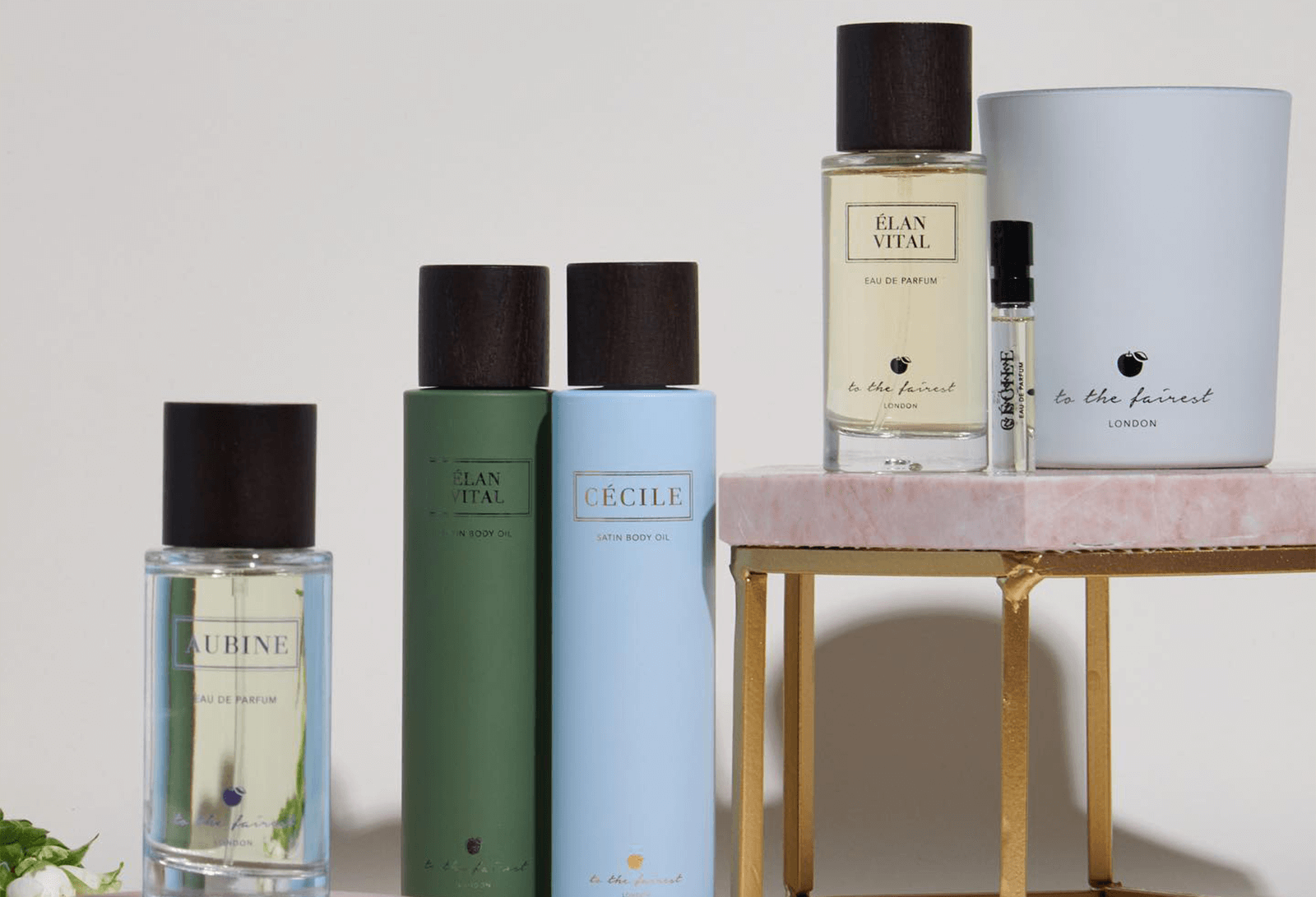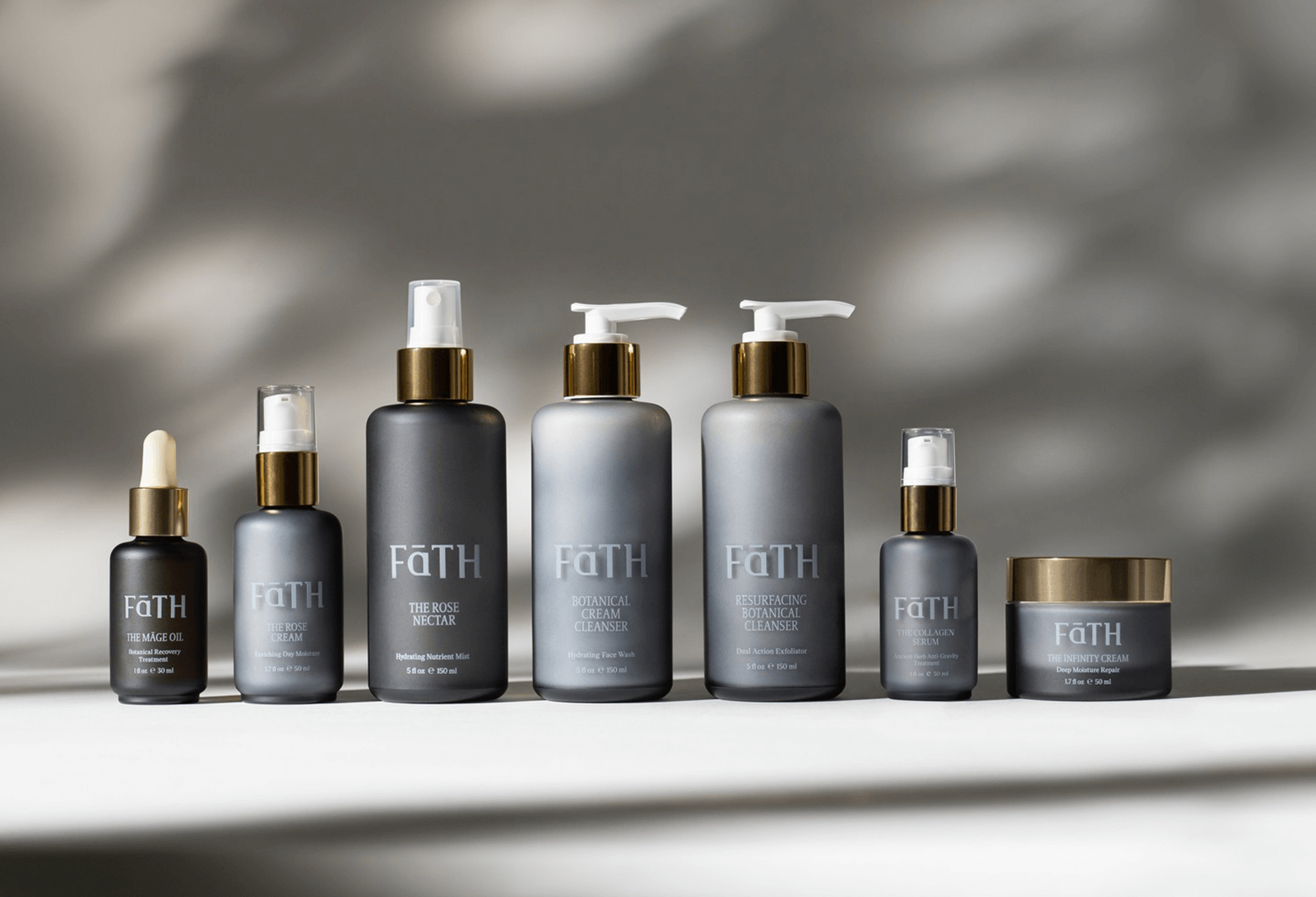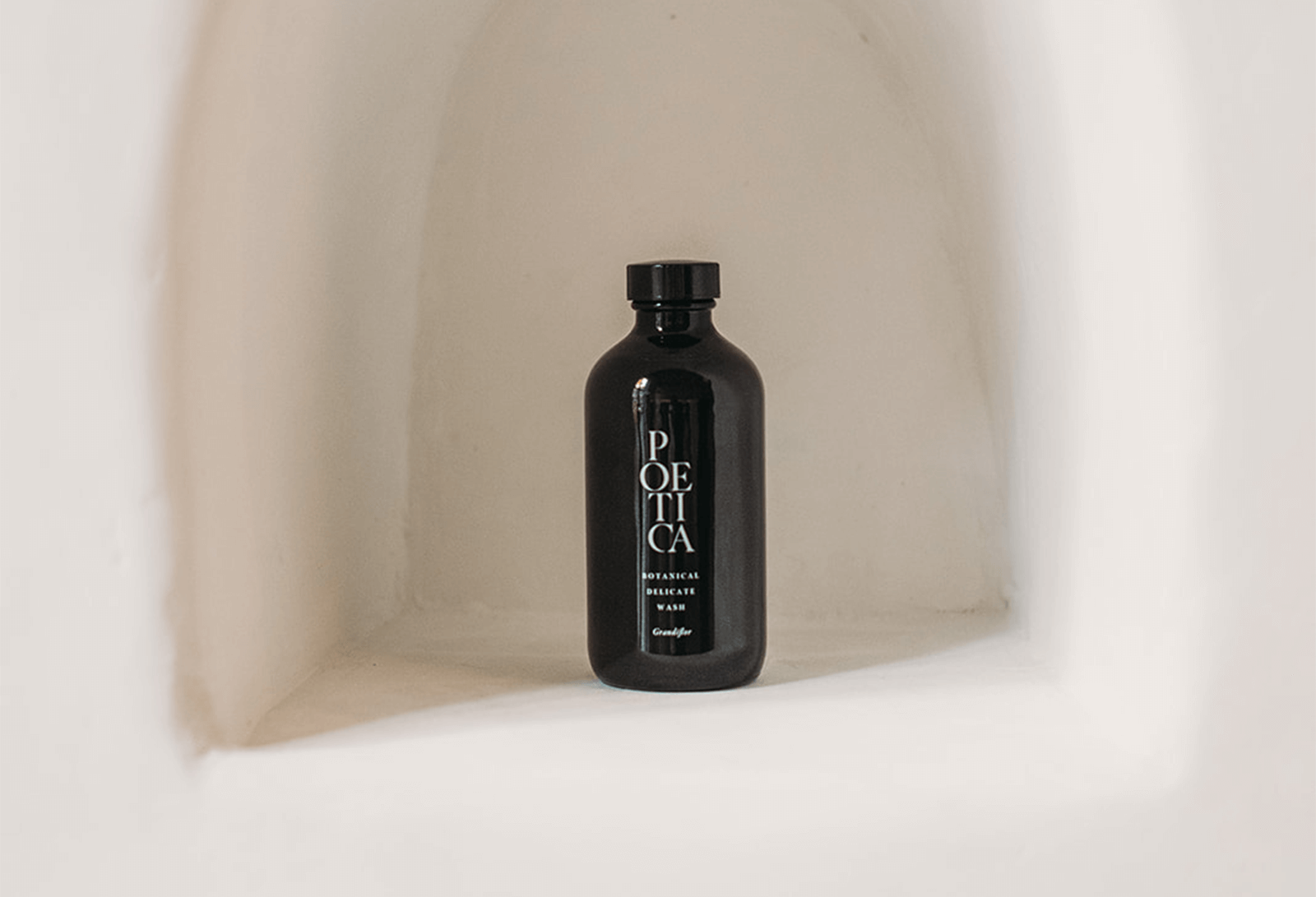Taking a hyper-local and minimalist approach to production can seem like a maverick move in an industry pushing newness and speedier product development timelines. Nonetheless, for brands with an environmental and artisanal focus, the “less is more” approach is proving an organic route to take, with an estimated 75% of consumers prioritizing neighborhood shopping and 86% wanting to see more sustainable products. But what are the day-to-day realities of adopting this business model? BeautyMatter spoke to three brand founders to find out.
The Supply Chain Emphasis
Creating a personal care product that is 100% homegrown and produced sounds idyllic in theory, but whether it’s the packaging or exotic floral ingredients, the reality is that certain aspects will need to be outsourced. One way to counteract the potential impact of longer shipping distances and a distant raw material harvest is through regenerative farming practices and philanthropic partnerships.
New York-based personal care brand Poetica’s assortment includes hand care, body care, and delicate garment care, available in the scentways of Grandiflor (containing jasmine and vetiver), Lemon Myrtle & Cardamom, Frankincense & Wild Mint, and Neroli (scented with gardenia, bergamot, and sandalwood).
Poetica's mission is to elevate everyday routines by turning them into mindful rituals that encourage a connection to nature through scent experiences. Founder Tess Albrecht-Schmitz previously acted as Global Communications and Branding Manager for impact investment firm Leapfrog Investments and acquired a masters degree in Sustainable Supply Chains from NYU, providing fertile ground for the brand’s premise. Conscious consumption is another keyword when it comes to its ethos, with the founder stating that “hopefully as people go through their daily rituals, we are able to connect them with nature and show them how to protect and preserve it.” In regards to measuring the positive impact of the brand, Poetica was built with two sustainable development goals in mind: responsible production/consumption and sustainable partnerships.
The brand sources all ingredients from suppliers with regenerative farming practices, ships out products with carbon-neutral delivery, and packages items in reusable and recyclable glass bottles. 1% of sales are donated to the organizations Rainforest Foundation US, Tasmanian Land Conservancy, High Line New York, and K Farmer Dutjahn Foundation, each donation correlating to specific ingredients in the scents.
Another brand putting a magnifying glass on the materials that go into their formulas, and how they are sourced, is FāTH Skincare. “The market is going in a founder-based, mission-driven direction. Consumers want integrity of the brand. We didn't do this for the margins, we are not here for a fast scale or taking the market and quantities. We're talking about one by one, quantifying who we are, why we're doing what we do, why it matters, and gaining the trust of the consumer to have us be a trusted partner in their daily routine,” founder Faith Appleton reports from Apple Street Farm on the north shore of Boston, the site of the company’s headquarters, botanical research garden, and bottling facility. The nine ingredients grown directly here for FāTH Skincare’s formulas include arnica, chamomile, lavender, and sea buckthorn.
An avid gardener, human services policy entrepreneur, and mother of three, Appleton is enthusiastic about providing ingredient-conscious formulas that deliver results while keeping environmental impact to a minimum. “Slow down, waste none, sustain. Use what you need. This is [a] 360 [approach] all the way through. If we don't start looking at this from a holistic point of view, we all suffer,” she adds. Working with a formulator with a biotechnology background specializing in emulsification delivery systems, Appleton spent three years formulating the seven skincare products across the brand’s portfolio: a nourishing face mist, exfoliating cleanser, firming face cream, purifying cleanser, regenerative face cream, collagen-stimulating serum, and intensely hydrating face oil. Of the 75 ingredients Fāth Skincare uses across its product spectrum, 60 are botanically based.



Curated Retail Partnerships
Both brands have a DTC presence as part of their retail strategy. In regards to out-of-house sales, stockists that require a higher minimum order can be less attractive to up-and-coming brands—meaning in physical retail environments, more niche boutiques are likely to be a better fit. “Given the sensory nature of our products, we unveiled our first collection in considered local concept stores we admired. This gave us the space to show the experiential, ritualistic element of our products and more intimately connect with our community and clients," Albrecht-Schmitz remarks. That launch tactic has seen Poetica enter five niche boutiques throughout New York state.
Nonetheless, there are further retail opportunities on the horizon, as she notes there is potential for smaller brands to enter the worlds of national retailers. “Traditionally these bigger retailers naturally skewed towards huge brands that can invest in the software and the back-end systems to work with. But increasingly, they're dropshipping, so that creates an interesting opportunity for emergent brands,” she remarks.
London-based artisanal fragrance brand To The Fairest has found a stockist home at five boutiques across the city and the UK. Three of these are physical locations, one is an e-commerce site, and another a scent subscription service. Founder Rebecca Rose, who was the founder of vintage fashion boutique Juno Says Hello prior to setting up the label, had a more sustainable approach embedded into the brand’s DNA from day one.
After meeting perfumer Penny Williams through fragrance specialist Lizzie Ostrom, Rose knew her idea of small-scale production could become a reality, and also offer increased creative freedom. “Penny was willing to work with some of the quantities that I thought were a barrier to entry, and because we were working in smaller quantities, we could do something more experimental, take more risks than with manufacturing in huge amounts,” she recalls. When creating the brand’s fragrances, body oils, and candles, To The Fairest orders in quantities of hundreds at a time, something which Rose also credits to aiding the brand’s agility. Smaller quantities may equate to higher costs per unit, a different spot on the manufacturer’s priority list, and a bigger likelihood of being out of a product if demand spikes, but it also minimizes the risk of sitting on dead stock.
“I'm very aware of our size and how small we are because I have conversations with the factory that's making 10,000 units a week for a particular brand. But because we're dealing with much more limited quantities, for me, it feels a lot more personal. We put a huge amount of thought not just into the actual scents but into the packaging. We want to make them feel as special as possible because it is a limited quantity,” Rose comments.
The brand launched in 2019 with Cecile, an ambery floral, but then the pandemic hit, and when their manufacturers reopened their doors, unfortunately, brands with larger order quantities took precedence. “We were understandably right at the bottom of priorities in terms of production, which is why there were various delays for the second or third fragrances, but we're back on track now,” the founder recalls. The brand has since released three further fragrances: Aubine, a white floral with gardenia, orange blossom, and frankincense; Ordre Cosmique, a crisp metallic fusion of water lily, cedarwood, and cacao; and Élan Vital, an aromatic woody scent. The release of the brand’s fifth perfume, Oracle, a pear, ginger lily, and cardamom-laced rose, is also on the horizon.
Ensuring Growth in Selective-Scale Production
All three companies are self-funded, understandable given investors would be more likely to want to see larger output and sales volumes. “I like the idea of angel investment over the traditional VC-backed model as you can chart a more intentional growth path that's aligned to your values and philosophy,” Albrecht-Schmitz explains.
Ultimately, committing to a selective-scale business model equates to an important part of brand identity, speaking to a more sustainability-minded consumer and proving to be the ultimate commitment to doing better for the environment by creating less waste. Limited releases can also push the desirability factor of products, with the company’s offerings feeling more special to an initiated set of brand devotees.
“Small batch is scalable; it's a matter of how you do it,” Appleton states. “We know that we can scale, but you can scale too much. It's about intentionality and demand. We're not racing to be massively accessible. We're here to feed people’s largest organs and support their health and wellness journey, and educate where we can.”
In a market of oversaturation, seeing time and detail in product creation as the ultimate luxury is refreshing. Personal convictions and environmental responsibility prove to be more powerful roadmaps than profit-driven incentives. As Poetica, FāTH Skincare, and To The Fairest show, brand success needn’t be determined by product volume, follower numbers, or obtaining a multimillion dollar buyout from a beauty conglomerate. Despite the popular saying, when it comes to production scale, bigger isn’t always better.